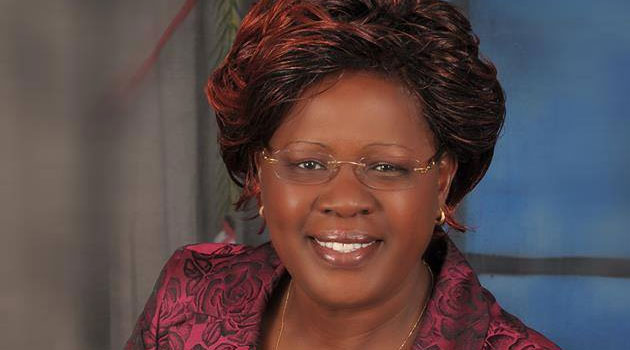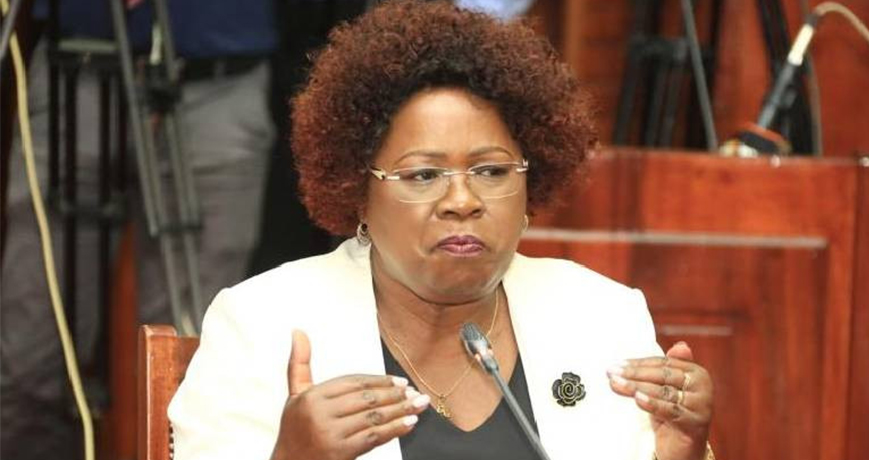The Lands, Public Works, Housing, and Urban Development Cabinet Secretary nominee Alice Wahome revealed that the government anticipates collecting Ksh.65 billion annually from the Affordable Housing levy.
During her vetting by the Committee on Appointments, Wahome highlighted that multiple legal cases have disrupted the program, causing nationwide delays.

Due to ongoing court cases, the government invested approximately Ksh.34 billion from the previous financial year's collections in short-term investments to earn interest. Wahome emphasized the need to manage these funds prudently amid legal uncertainties.
"There has been disruption on this programme through cases and that's why we had some money not used immediately because when you have cases going on you need to first understand where you are," Wahome stated.
Did you read this?
She added that last year's balance of Ksh.38 billion remained unused due to pending payments, necessitating short-term investments to avoid holding idle cash.

Wahome outlined the government's plan to release 55,000 housing units, with an expected annual income of Ksh.65 billion once the court approves the program. She noted that the project has employed over 106,000 youths across 48,000 housing units at various stages of development and aims to extend to rural areas if authorized by the court.
Her comments follow the Court of Appeal's declaration that the Finance Act 2023, which introduced the Housing Levy, is unconstitutional.

During the vetting, Wahome also mentioned the ministry's need for Ksh.40 billion to digitize land records via the Ardhisasa platform, enhancing accountability and transparency.
Addressing the controversial Land Bill, Wahome clarified that the proposed annual levy would only apply to city freehold landowners.
Initially part of the Land Laws (Amendment) Bill 2023, the proposal was withdrawn by National Assembly Majority Leader Kimani Ichung'wah due to legal issues. Wahome plans to amend the bill to target urban landowners, ensuring that freehold to leasehold changes occur only with owners' consent.









